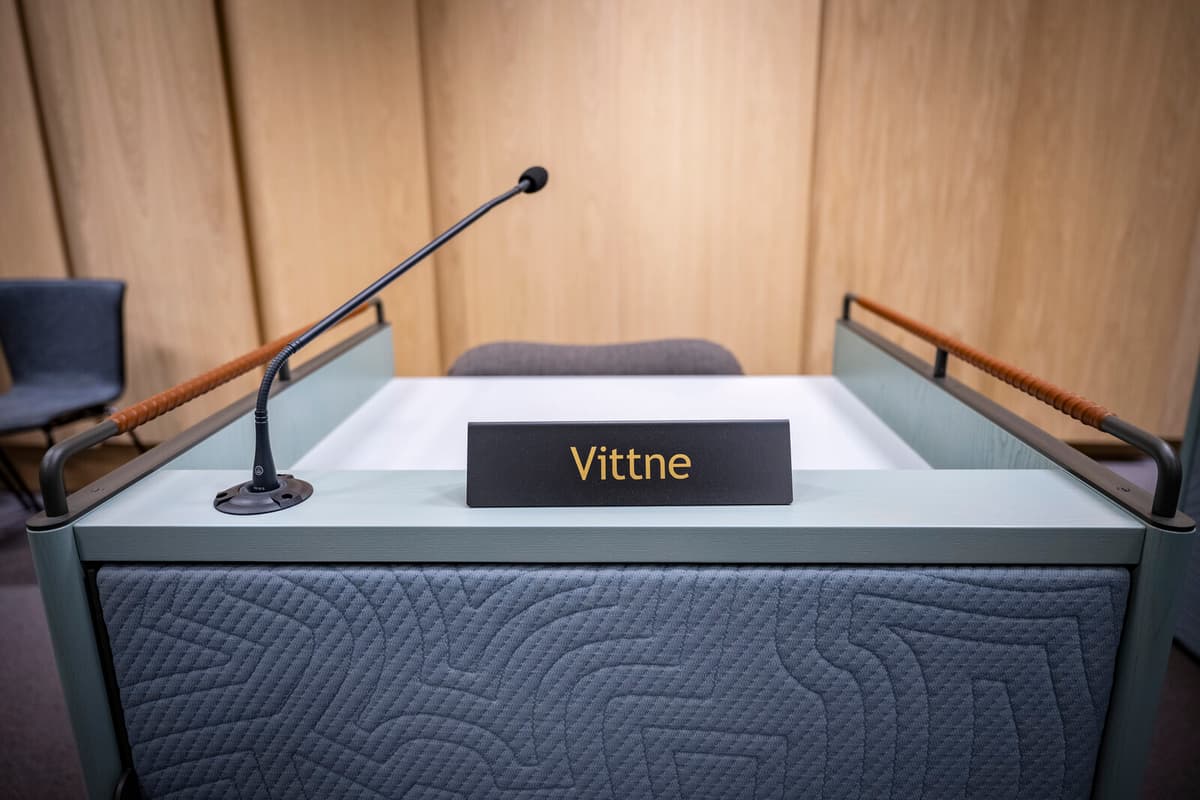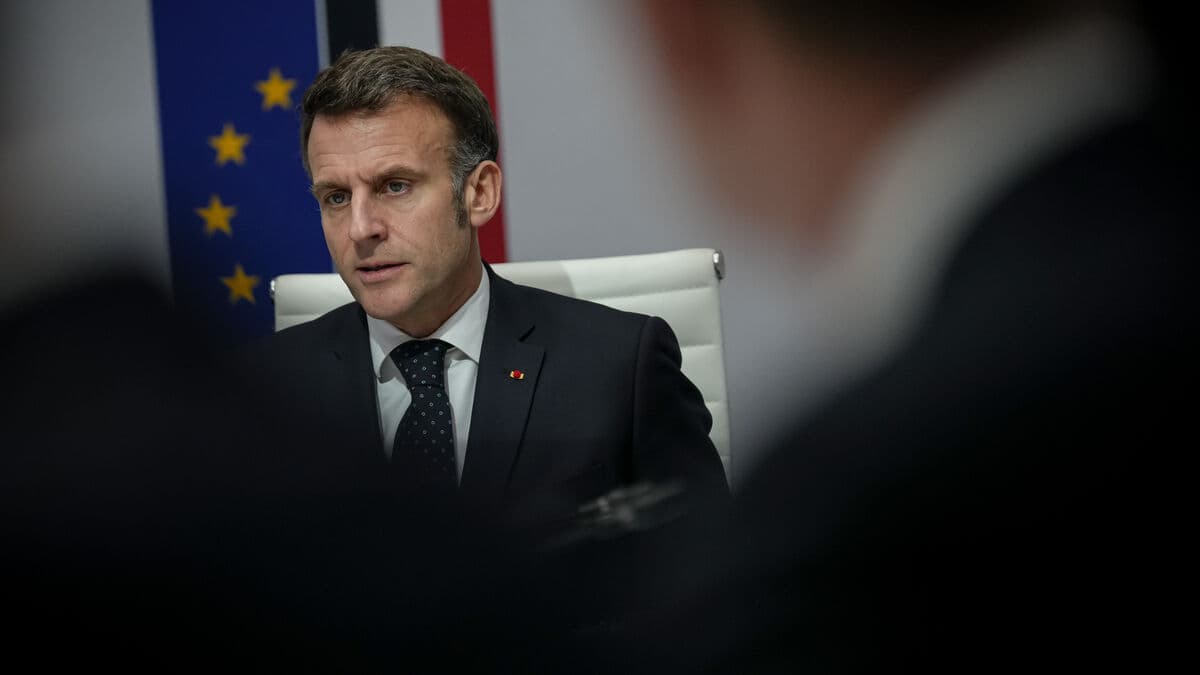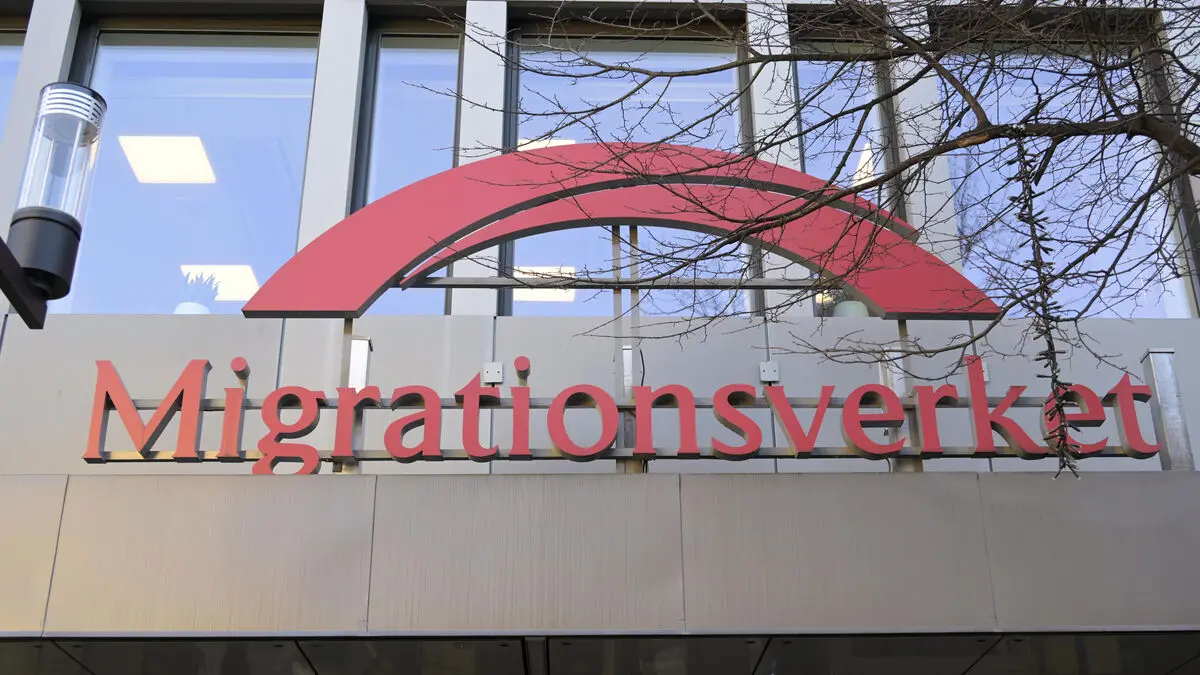The 27th of November 2024, the government's proposal on anonymous witnesses was passed in the Riksdag. With the law now in effect, it is possible for individuals to testify anonymously in investigations and trials under certain circumstances.
The law comes after a prolonged political debate, where the Social Democrats were initially opposed but suddenly changed their stance in the fall of 2024 and became positive towards the proposal.
The issue was first investigated in 2021 on the S-government's initiative. The investigator, Stefan Johansson, then believed that the drawbacks from a legal security perspective outweighed the benefits and that anonymous witnesses should not be allowed.
He argued, among other things, that the evidentiary value is too limited to restrict the fundamental principle of both parties having equal insight into the material.
Not Used
The investigation also noted that in countries where it existed, such as Denmark and Norway, it was hardly ever used.
It has not been possible to apply in court. The evidence presented anonymously has no value, says Joakim Nergelius, professor of law at Örebro University.
But the then opposition held fast to the issue. After the election, the government and the SD agreed to introduce anonymous witnesses. A new investigation was set up and presented its proposals in the fall of 2023.
It received harsh criticism from several instances – including the Chancellor of Justice and the Court Administration, who warned that the system could lead to fewer people willing to testify openly.
No from the Law Council
The government went ahead anyway, submitting the proposal to the Law Council – which also strongly advised against it. The Council wrote, among other things, that the added value "appears to be very limited" and that it could lead to "courts receiving poorer basis for judgment".
After several changes, the government still presented the proposal to the Riksdag. Justice Minister Gunnar Strömmer then said that even if one does not know if the benefits outweigh the drawbacks, one needs to try new measures.
Professor of Law Joakim Nergelius is critical of this approach.
Responsible politicians should care more about the rule of law. It is a nonchalant attitude to say "let's try" when it comes to fundamental legal security values, he says.
He believes that the government's actions, like the Social Democrats' changed stance, can be explained by politicians wanting to show action to voters who demand "tough measures".
It's not just the politicians' fault. There is a repressive atmosphere in a large part of public opinion that they satisfy. It is alarming and something we should talk more about.
A prosecutor, a suspect, or a defendant may apply to the district court for a witness to be heard anonymously during an investigation or trial.
The application can be approved if there is a "significant risk" that the witness or their relatives would otherwise be exposed to serious crime.
The sentence for the crime the witness is to testify about must correspond to at least two years' imprisonment.
The reason for anonymity must "outweigh" the difficulties it poses for a suspect or defendant to defend themselves.
Other measures to protect the witness must be considered insufficient or significantly more difficult to implement, and it must otherwise be appropriate to hear the witness anonymously.
The court that tries the case shall not have knowledge of the anonymous witness's identity, a public counsel shall be appointed to monitor legal security issues in the case, and the court's decision shall be appealable.
Source: The Riksdag






